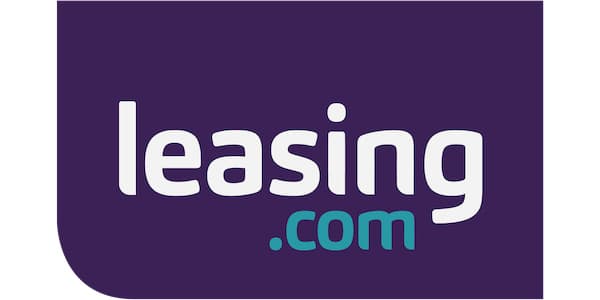The new car market endured a poor month in October 2024, with stalling fleet registrations joining the usual decline of private sales.
According to data published this week by the Society of Motor Manufacturers and Traders (SMMT), the overall new car market was down 6% compared to the same month last year. Private new car sales were down by 12%, which we’ve come to expect this year, but we also saw a 2% dip in fleet registrations which was in contrast to the trend for the year (up 14% year-to-date).
In fact, every metric that the SMMT uses showed a decline apart from EV registrations, which were up 25% compared to the same month last year as the government’s zero-emission vehicle mandate takes effect.

Another miserable month for private new car sales
In what has become a familiar tune for 2024, private new car sales continue to spiral downwards. In October, the numbers were down 12% compared to the same month last year, while year-to-date it’s a 10% slide.
The reasons are likely to be more of the same, with prices remaining high and buyer confidence remaining low. With only two months to go, it looks like 2024 will be the worst year for private new car sales in a quarter of a century.
On top of that, fleet sales dropped substantially compared to what we’ve seen for most of this year. It’s likely that a chunk of this fall may well have been due to companies holding off on new acquisitions ahead of the new government’s first Budget.
EV sales surge as ZEV mandate takes effect
Against an overall market fall of 6%, a growth of 24% for electric car sales was a major achievement. But, as always, there are multiple reasons that underpin the headline result.
The government’s ZEV (zero emission vehicle) mandate stipulates that most car manufacturers must sell at least 22% EVs this year. For many manufacturers, this is a task beyond their natural means because they don’t have enough suitable EVs in their line-ups to achieve this target. So, they’ve had to start limiting the sale of petrol, diesel and hybrid models to bring their sales numbers into balance.
In addition, there has been a significant amount of discounting on EV models as companies look to hit their ZEV mandate targets. Finally, the number of customers who are prepared to make the switch from fossil-fuel power to electric power is steadily increasing (if not as quickly as manufacturers would like).
The growth in EV sales is even more impressive because the UK’s largest EV brand, Tesla, had a very slow month – down 64% on the same month last year. It’s an indication of how broad the UK electric car market has become that the industry leader can have a terrible month and yet still achieve significant growth.

Good month, bad month
Although the overall market painted a gloomy picture, the fortunes of several car brands varied enormously. Interestingly, we had more brands than usual whose results were more stable than usual.
It was a good month for Alfa Romeo, Alpine, Bentley, BYD, Citroën, Dacia, Hyundai, Jeep, Kia, Lexus, Mercedes-Benz, Nissan, Peugeot, Renault, Skoda, Subaru and Volvo. All of these outperformed the overall market by at least 10% (so had growth of at least 4% compared to last October)
Meanwhile, things were less satisfactory for Audi, Cupra, DS Automobiles, Fiat, Ford, GWM, Honda, KGM (formerly SsangYong), Maserati, SEAT, Suzuki, Tesla and Vauxhall. All of these underachieved against the overall market by at least 10% (so were at least 16% down on last October)
That means that the following brands ended up about where we’d expect: Abarth, BMW, Genesis, Ineos, Jaguar, Land Rover, Mazda, MG, Mini, Polestar, Porsche, Smart, Toyota and Volkswagen. All of these were within 10% better or worse than last October.
In terms of volume, the biggest improver was Mercedes-Benz, with about 2,200 more registrations (+37%) in October 2024 than the year before. Going in the other direction, the brand with the biggest loss was Vauxhall, with registrations down by almost 4,300 units (-47%) on the year before.
Volkswagen was comfortably the best-selling brand in October, cementing its position as the UK’s top brand, ahead of BMW, Audi, Ford and Kia.
Kia Sportage closes in on the prize
Another month as the UK’s best-selling new car has pulled the Kia Sportage to just 350 units behind the year-long sales leader, the Ford Puma.
The Sportage outsold the Puma by more than 1,000 units in October, ahead of the new Mini Cooper in third place. The rest of the top ten saw a host of unfamiliar names, with cars like the Volvo XC40, Toyota Yaris and Peugeot 208 all popping up with strong performances.
The Nissan Qashqai, currently the third-best-selling car in 2024, was only eighth in October. Its smaller sibling, the Nissan Juke, is fourth in year-to-date sales but didn’t feature in the top ten in October.
We’ll have our usual analysis of the top ten shortly.












